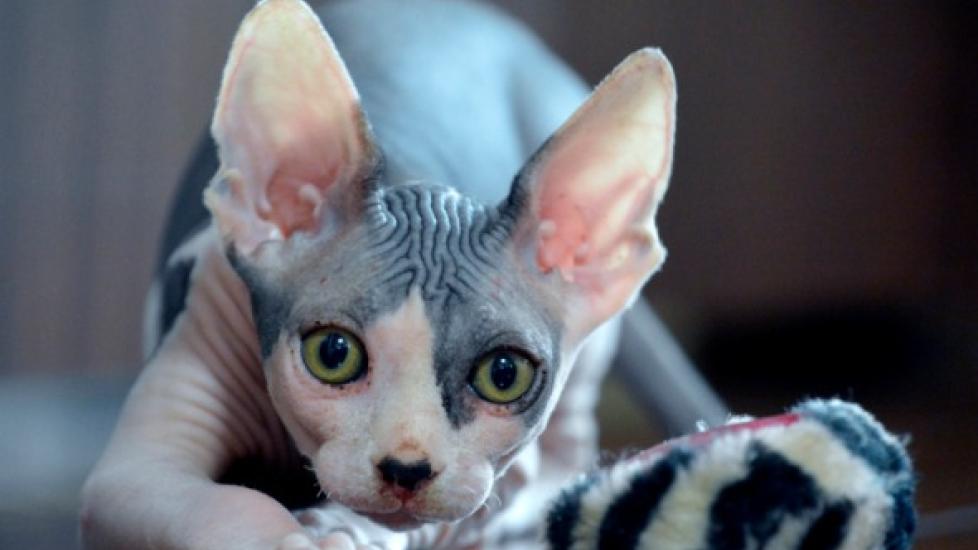 Introduction:
Introduction:
Before you welcome a Sphynx cat into your home, it’s crucial to understand the unique needs and characteristics of this fascinating breed. Known for their lack of fur and wrinkly skin, Sphynx cats require special care and attention that potential owners should be aware of before making the commitment. Here are some essential points to consider:
Physical Characteristics:
1. Hairlessness: The most distinctive feature of the Sphynx is its hairless coat, which can sometimes have very fine down or fuzz. This trait makes them warm to the touch and prone to shedding in the form of dander.
2. Wrinkles: These cats have numerous wrinkles on their face, body, and legs, which need regular cleaning to prevent infections.
3. Temperature Preferences: Because they don’t have fur to keep them warm, Sphynx cats prefer warmer temperatures than other breeds. They may seek out heat sources like radiators or sunbeams.
4. Size and Weight: Sphynxes are medium-sized with muscular bodies. Adult males typically weigh between 9 and 15 pounds (about 4 to 6 kilograms), while females tend to be slightly smaller at around 7 to 12 pounds (approximately 3 to 5 kilograms).
Care Requirements:
1. Grooming: Despite being hairless, grooming is still necessary as they do produce oil and sweat from their skin. Use a soft cloth or mitt daily to remove oils and maintain cleanliness.
2. Clipping: Their nails should be trimmed regularly to prevent damage to furniture and injuries.
3. Ear Cleaning: Wax buildup due to their large ears can lead to ear infections. Clean inside the ears gently once a week using a pet-safe solution.
4. Dental Care: Brushing their teeth weekly helps prevent dental issues common in all cats.
Health Considerations:
1. Allergies: While hypoallergenic claims vary, many people find themselves less allergic to Sphynx cats because of reduced levels of allergens associated with cat hair. However, allergies to dander and saliva can still occur.
2. Skin Issues: Without proper moisture and protection, Sphynx cats can develop dry skin conditions. Regular moisturizing lotions designed for pets can help keep their skin healthy.
3. Heat Stroke Risk: Due to their lack of fur insulation, overheating can be a serious concern, especially in hot environments or during exercise. Monitor their environment closely.
4. Genetic Health: As with any purebred animal, there are genetic health concerns specific to the breed, such as cardiomyopathy and glycogen storage disease type A. Choose reputable breeders who perform health screenings.
Training and Socialization:
1. Social Behavior: Sphynx cats are known for their outgoing personalities and enjoy human companionship. They thrive on social interaction and can become quite attached to their family members.
2. Training Readiness: Start training early and use positive reinforcement methods, including treats and praise, to encourage good behavior.
3. Litter Box Training: Like all cats, Sphynxes need consistent litter box habits. Keep the area clean and free of odors to ensure they continue to use it properly.
Conclusion:
Bringing a Sphynx cat into your life means committing to providing specialized care tailored to their unique requirements. By understanding these considerations beforehand, you can create an ideal living situation where both you and your new companion can flourish together. Remember, each cat has its own personality, so getting to know yours personally will enhance your bond and enrich your experience with this remarkable breed.
